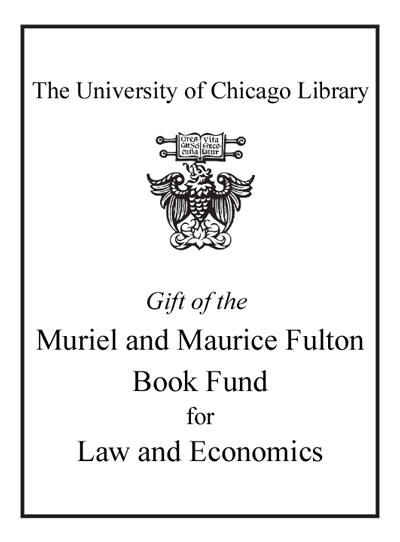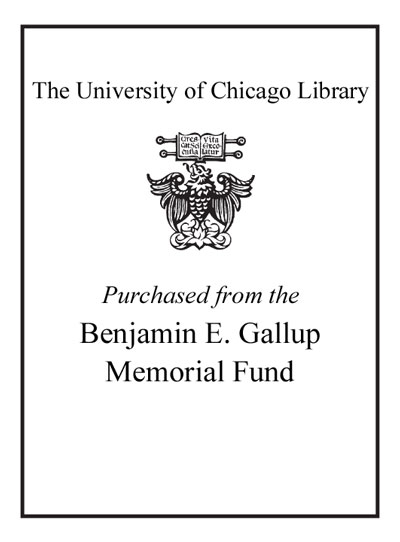Review by Booklist Review
James Madison, a prominent member of the distinguished group we know as the Founding Fathers as well as the country's fourth president, is the "beneficiary" of prolific historian Wills' biographical largesse. Called, in ironic tribute, "the unimpressive little man with libraries in his brain," Madison is presented in a particularly methodical-but certainly not dry or dreary-"distillation of character and career." Wills probes the crucial question about this undeniably important man: Why is he considered one of the nation's greatest founders but not a great president? Wills insists that to answer that question, it is not appropriate to divide Madison's life into two groupings, with the presidential years in one group and the other years of public service in another. What is appropriate is to isolate the "strands of continuity" between his presidency and his years as a Founding Father, two of the most important of these strands being his provincialism and his naivete. Wills' analysis of the Constitutional Convention and the War of 1812 is particularly fresh and incisive. Madison a hero? No one would make such a claim. But, then, history is not simply a pageant of heroes but also the story of intelligent, not especially colorful toilers. --Brad Hooper
From Booklist, Copyright (c) American Library Association. Used with permission.
Review by Publisher's Weekly Review
It's tough to write a compelling biography of Madison: though a great politician, he was also a provincial, cerebral and slightly dull man; any account of his life must contain the kinds of dry legislation the Non-Intercourse Act, Macon's Bill Number 2, for example that have driven generations of history students to distraction. But Pulitzer Prize-winning historian Wills does as good a job as possible in this brief volume, the latest addition to a series on the nation's presidents edited by Arthur M. Schlesinger Jr. With prior studies of Washington, Jefferson and other Framers (including Madison) under his belt, Wills is well acquainted with his subject and balanced in his assessments. Madison, "this unimpressive little man with libraries in his brain," was the "Father of the Constitution" and the nation's fourth president. But during an extraordinary four-decade public career, Madison also guided Washington and Jefferson in their presidencies; steered the pioneering Virginia Statute for Religious Freedom through that state's legislature in 1786 and the Bill of Rights through Congress; and helped Jefferson found the Democratic Party. But for all Madison's greatness, Wills nevertheless (and justifiably) judges him nave, inconsistent, occasionally dishonest, prone to sniff conspiracy in any opposition, and, like so many Southerners of the time, deaf to and finally paralyzed by slavery. Moreover, although he was a first-class committeeman, he lacked executive talent. His presidency was a near disaster and he narrowly averted defeat in the War of 1812. To Madison's credit, unlike other wartime presidents, he didn't stretch the Constitution or invade civil liberties. Madison had "the strength of his weaknesses," concludes Wills in this fine, short biography of one of the nation's greatest public servants. (Apr. 2) (c) Copyright PWxyz, LLC. All rights reserved
(c) Copyright PWxyz, LLC. All rights reserved
Review by Library Journal Review
In this work one of the first in a new series being published under the general editorship of Schlesinger Pulitzer Prize-winning historian Wills (e.g., Lincoln at Gettysburg, 1992) does not attempt to offer a complete biography of Madison. Rather, he sets out to solve a mystery: how could Madison have been such a spectacularly important Founding Father and later just a slightly above average President? Wills provides a thoroughly satisfying answer. He maintains that Madison possessed qualities that served him well early in his career but proved to be a handicap during his Presidency. For example, his superior skills as a legislator were not what he needed to face the crises of his presidential years, when personal charisma, social charms, and a wider vision would have been more useful. Moreover, Madison's parochialism (reflected in his aversion to traveling outside his beloved Virginia) made him greatly misjudge Britain in the War of 1812. Written with flair, this clear and balanced account is based on a sure handling of the material. It should appeal to general readers as well as specialists. Highly recommended for all libraries. T.J. Schaeper, St. Bonaventure Univ., NY (c) Copyright 2010. Library Journals LLC, a wholly owned subsidiary of Media Source, Inc. No redistribution permitted.
(c) Copyright Library Journals LLC, a wholly owned subsidiary of Media Source, Inc. No redistribution permitted.
Review by Kirkus Book Review
As the US fights a war that raises questions about the future of Americans' personal liberties, prolific cultural critic Wills (History/Northwestern Univ.; Venice: Lion City, 2001, etc.) insightfully assesses the career of the man who was both the principal draftsman of its Constitution and its first wartime president. While acknowledging Madison's great achievements as a Constitutional framer, Wills focuses more on his lackluster presidency, asking why it fell below the level of excellence reached in other areas of his life. For answers, he looks to specific policy errors, such as a misapprehension about the nature of the British empire, and identifies characteristics that served Madison well (or at least not ill) in his earlier career but became liabilities in the White House. These traits included a legislative temperament that made him effective in committees but less suitable for executive office, a bookish remoteness from people, and a tendency to work through powerful intermediaries such as Jefferson in politics and extroverted wife Dolley in his personal life. Madison sometimes developed impractical enthusiasms for policies that had no chance of success and pursued them to the point of disaster. The central event of his administration, the War of 1812, achieved none of Madison's objectives. But Wills points out that the war was a great nationalizing force, waged without diminishing the liberties of the American people, and that Madison left office more popular than when he entered. On balance, Wills argues, even if Madison was not a great president, "as a framer and defender of the Constitution he had no peer. . . . No man could do everything for the country," he asserts. "Madison did more than most, and did some things better than any. That is quite enough." Not a groundbreaking study, but a typically thoughtful and sympathetic evaluation of the complex character that made Madison a great theoretician of government but a mediocre practitioner of it.
Copyright (c) Kirkus Reviews, used with permission.
Review by Booklist Review
Review by Publisher's Weekly Review
Review by Library Journal Review
Review by Kirkus Book Review



